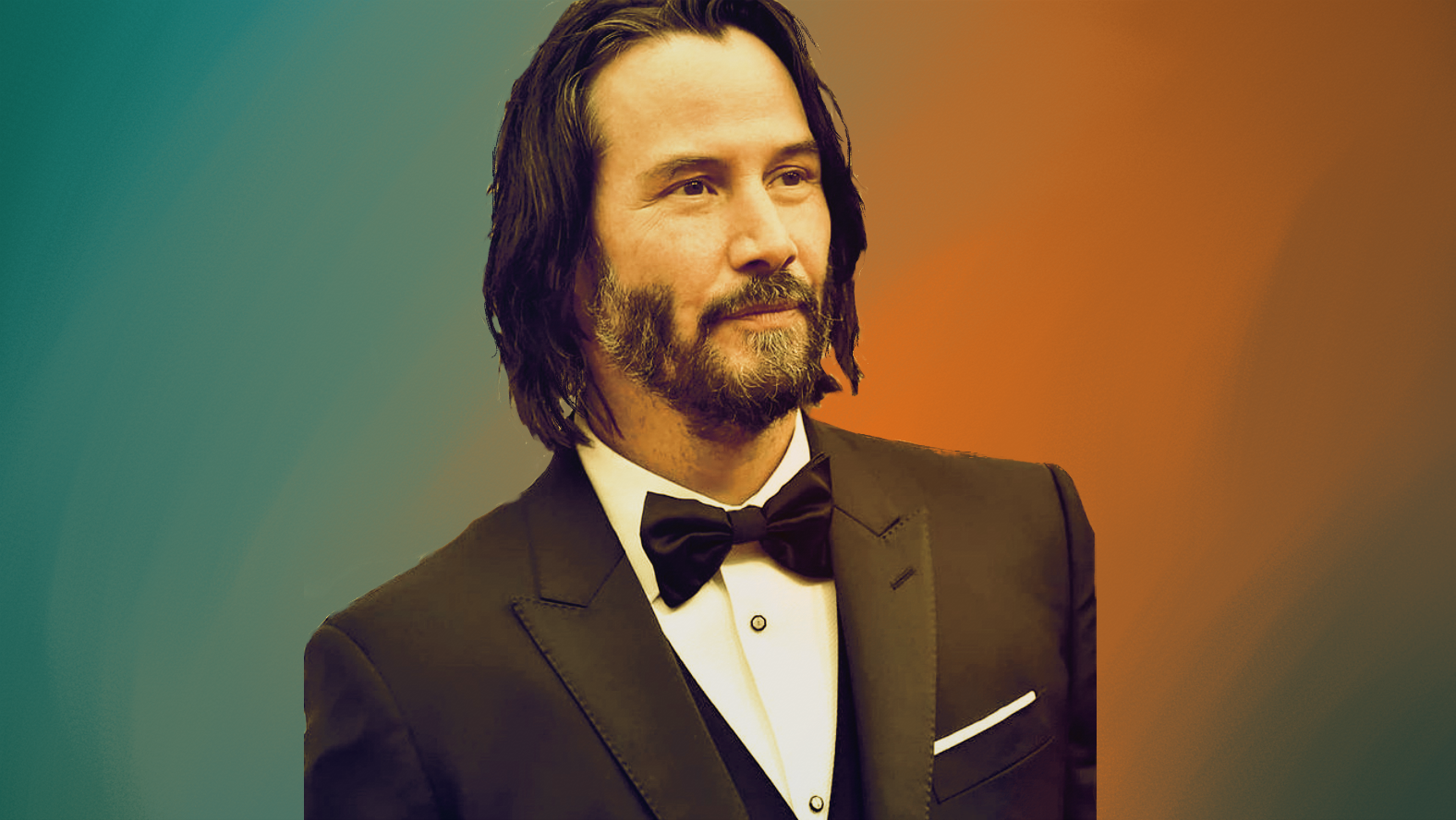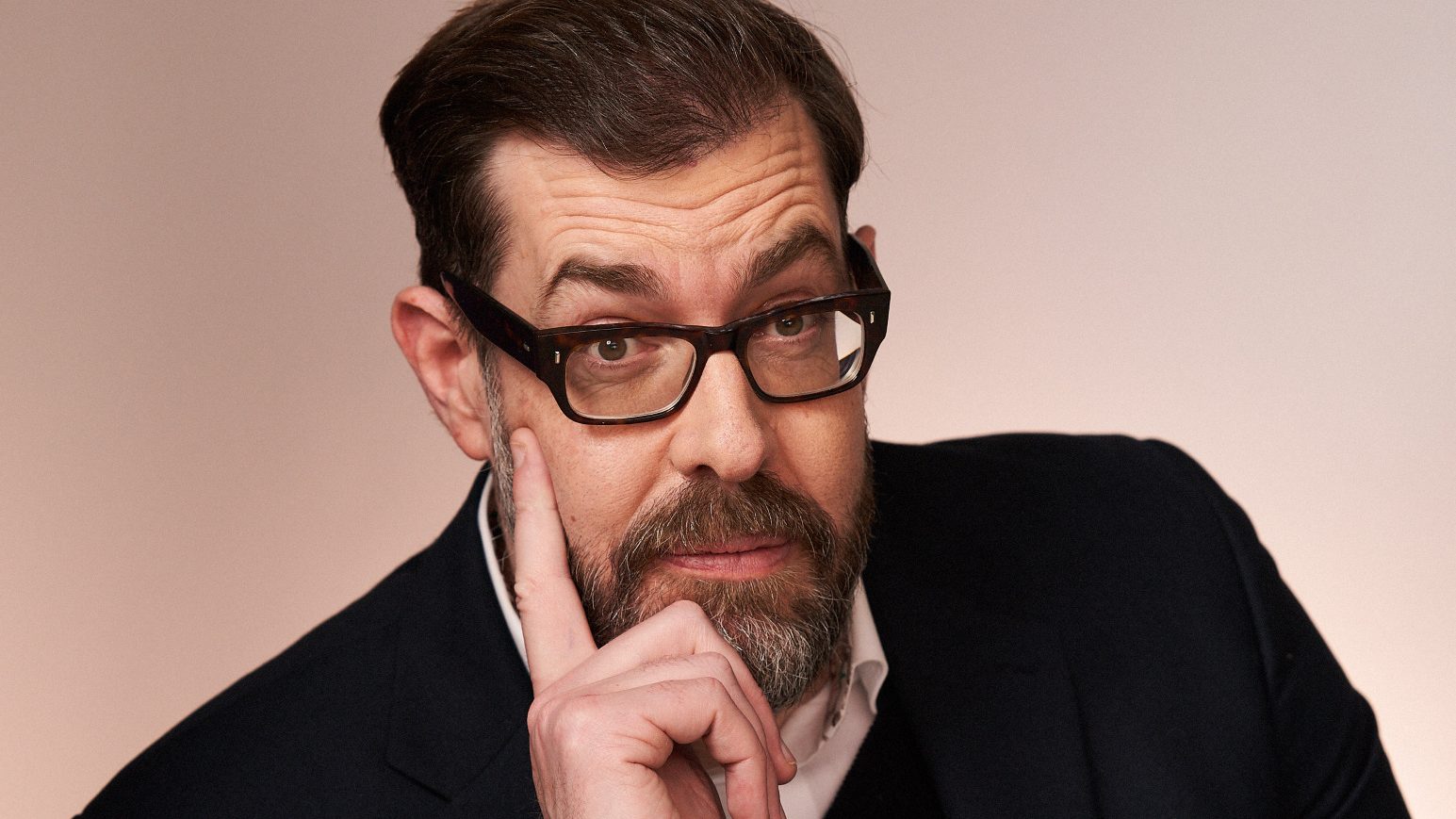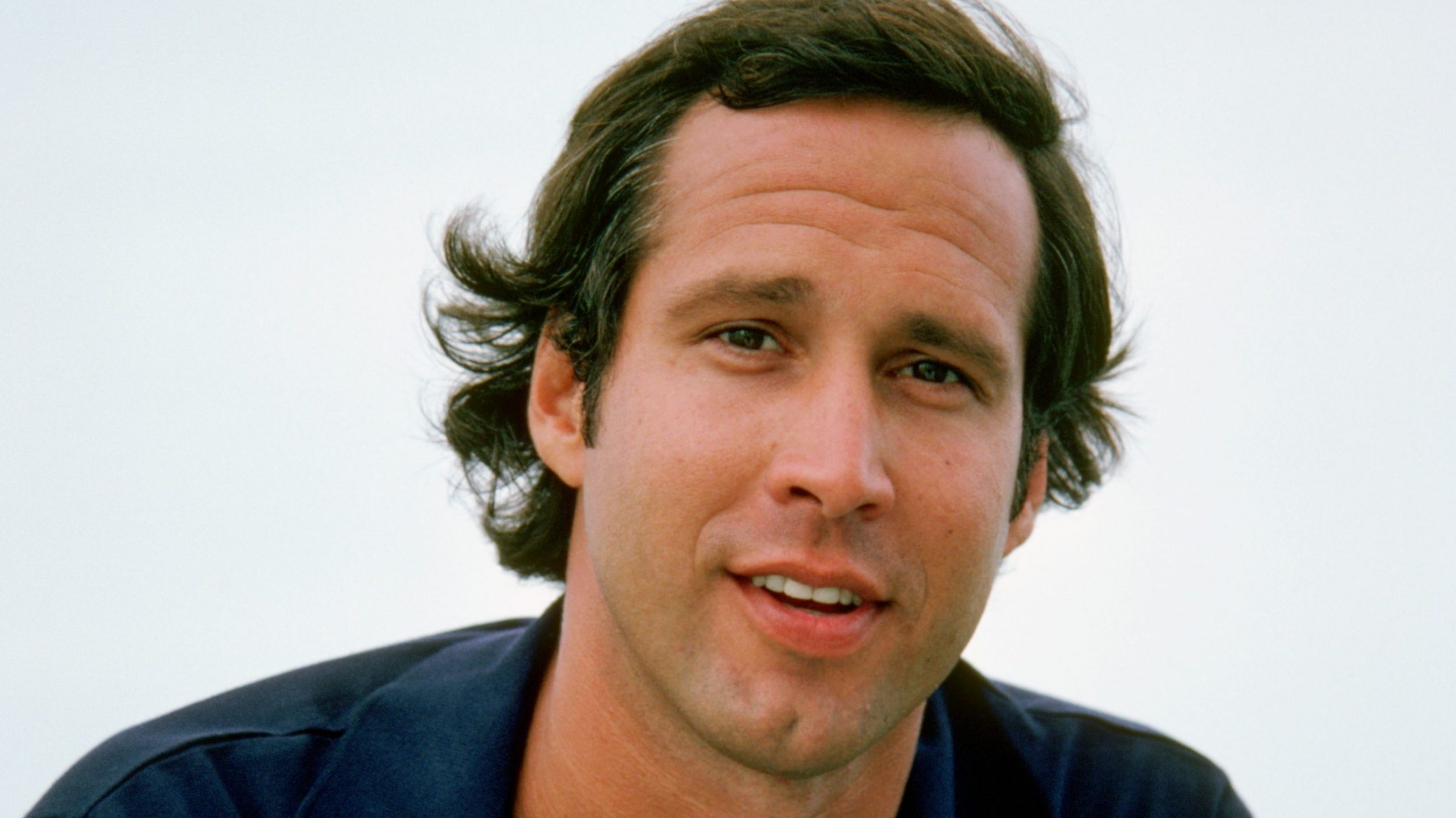There’s an inherent flaw in my resolution to wretch up a daily Thought Vomit; that being the need to have a daily thought worth bothering with. Today, I don’t think my brain has been very forthcoming.
So, faced with the prospect of having to force something out, I find myself in a position that many journalists are faced with every day; the necessity of filling an expanding amount of space with a shrinking number of resources. Enter Churnalism.
Nick Davies coined the word, in his excellent book Flat Earth News, and it means, “the practice of regurgitating material, rapidly and under pressure, from outside sources without checking.” Sounds a lot like what I’ve been doing in this blog, and is indicative of the news we are now being presented with.
As the news gathering budgets and apparatus collapse, so journalists are finding themselves under greater pressure to simply cut and paste the stories on the wire, or press releases. Both these options have their flaws. The first being that these agencies themselves are facing cutbacks and are under the same pressures as their clients. The second, a press release is simply not interested in fact checking to the extent that a journalist used to be.
Thus there is a desire to blame overbearing corporate owners for a global conspiracy to restrict the news. Nick Davies disputes this fact more eloquently than I ever could, so I heartily recommend a trip to Amazon. But I will say this, turning to the scourge of a conspiracy is an intellectual cop out. It divests us of our responsibilities: i.e., if the evil big pharma companies have the resources and inclination to peddle their poisons on us, there’s nothing we can do about it.
That said, I do understand the appeal of a good conspiracy theory. We all do, that’s why we flock to watch them in movies. Conspiracies appeal to my own sense of uselessness, and they tickle my imagination. But all I need to hear is a better story. If your story is better than the conspiracy, with the added bonus of being demonstrably true, I’m there. It’s not enough to tell someone they’re wrong, or even tell them why, you need to appeal to the same sense that the conspiracy is massaging. So, if they fear the manipulation of big pharma, maybe it’s worth pointing out that most of their alternative supplements are produced by the same companies. They’re milking you for money with an even cheaper to produce product. One that doesn’t work. And they’re laughing at you.
But back to the hack. The underlying problem of Churnalism is one of commerce. Look at any failing institution, and inevitably it’s failing because of a restricted budget and years of under funding. Journalism is no different. Even the BBC is being forced to produce more content with less money.
So, like their readers and viewers, the journalists are increasingly turning to the blogs and the internet. I’ve heard people argue that this is an excellent development, that it takes news gathering out of the hands of the people who own the presses, and democratises information. But I’m not so sure.
For all their faults, journalists are trained at what they do, and the underlying objective of any of their work is to uncover the truth. That this objective is being hampered is lamentable, and that as a result they are turning to people who have no such concerns for truth, what little real news we are getting is in danger of being further polluted by bloggers who have their own agendas.
Take as an example Damian McBride. The story of his emails attempting to smear various members of the opposition wasn’t broken by a newspaper, it was broken by Guido Fawkes, the blogger. Like Drudge in the US, this blog is more interested in the effect than the substance of the story.
This highlights a slightly different point too. Nick Cohen says, “I do not want to ridicule lobby correspondents. Overall, they are a good bunch, who unlike so many modern journalists do not sit behind computer screens in newspaper offices but go out to interview sources and find stories. Yet their reports are constrained by the knowledge that no editor likes to be second with the news.” Thus, they are willing to let the propagandists hand them “stories”.
But once again, this comes back to commerce. Not being the first to the scoop will cost you readers, viewers and/or revenue. Speed, and being the first to break the story even drives the BBC, who have a policy to have a double-sourced story up on their website within five minutes. To double source a story and write it up in five minutes seems to me impractical, if not impossible.
In the 1960s The Times ran their Insight team, which worked hard to chase up stories that they felt needed telling. Hence the Profumo Affair. This past fortnight has seen the continuing decline of investigative journalism, as what is purportedly a huge scandal (which it patently is not) has been broken, not by diligent investigation, but by buying the stolen records of MPs expenses.
So, to compete with the perceived competition of the Internet, traditional journalism has done two things: it has turned to it as a source, often an unreliable one; and it has spread its wings onto the web, further stretching its dwindling budget. Thus we face the odd possibility that Churnalism has driven people away from journalism, to a medium which does not truly recognise its own reliance on real journalism. If traditional news gathering organisations disappear, where will the blogosphere get its content?
Can a blogger ever break a story like Watergate? And what about the stories that aren’t happening in places where there is wi-fi access? Would a blogger ever have the resources to go to Darfur?











